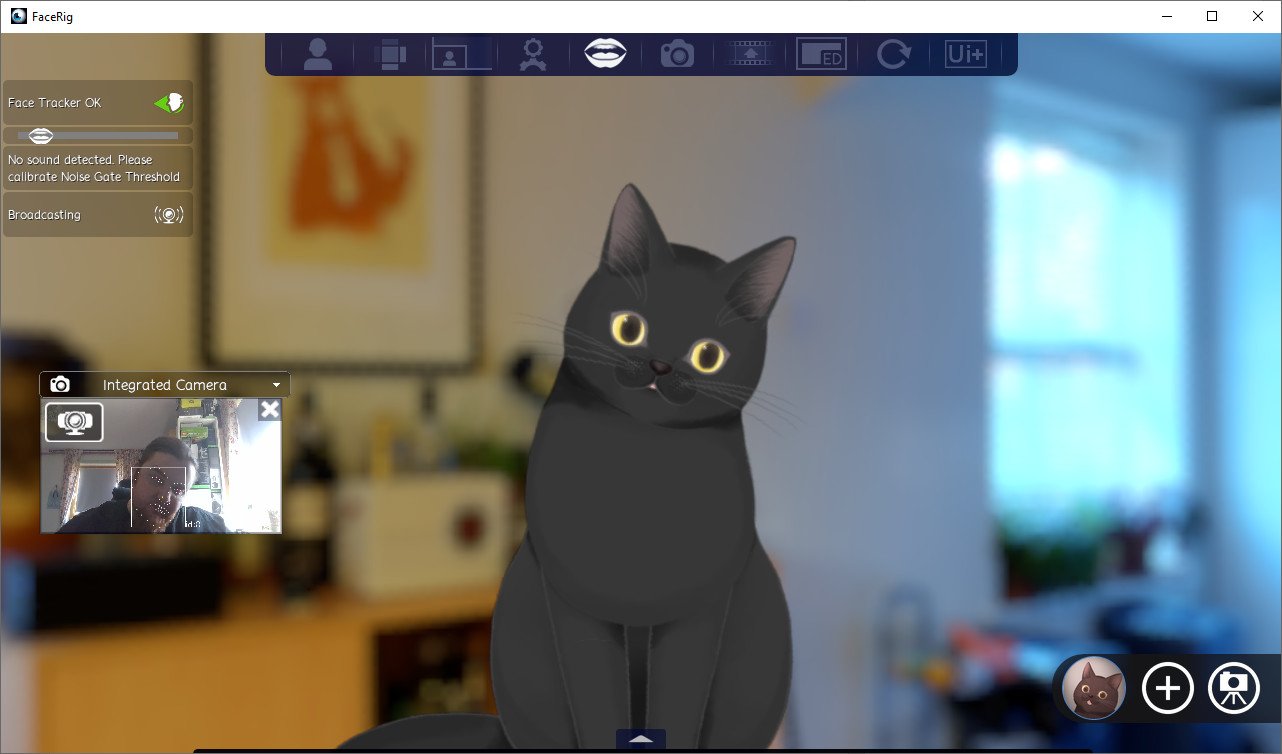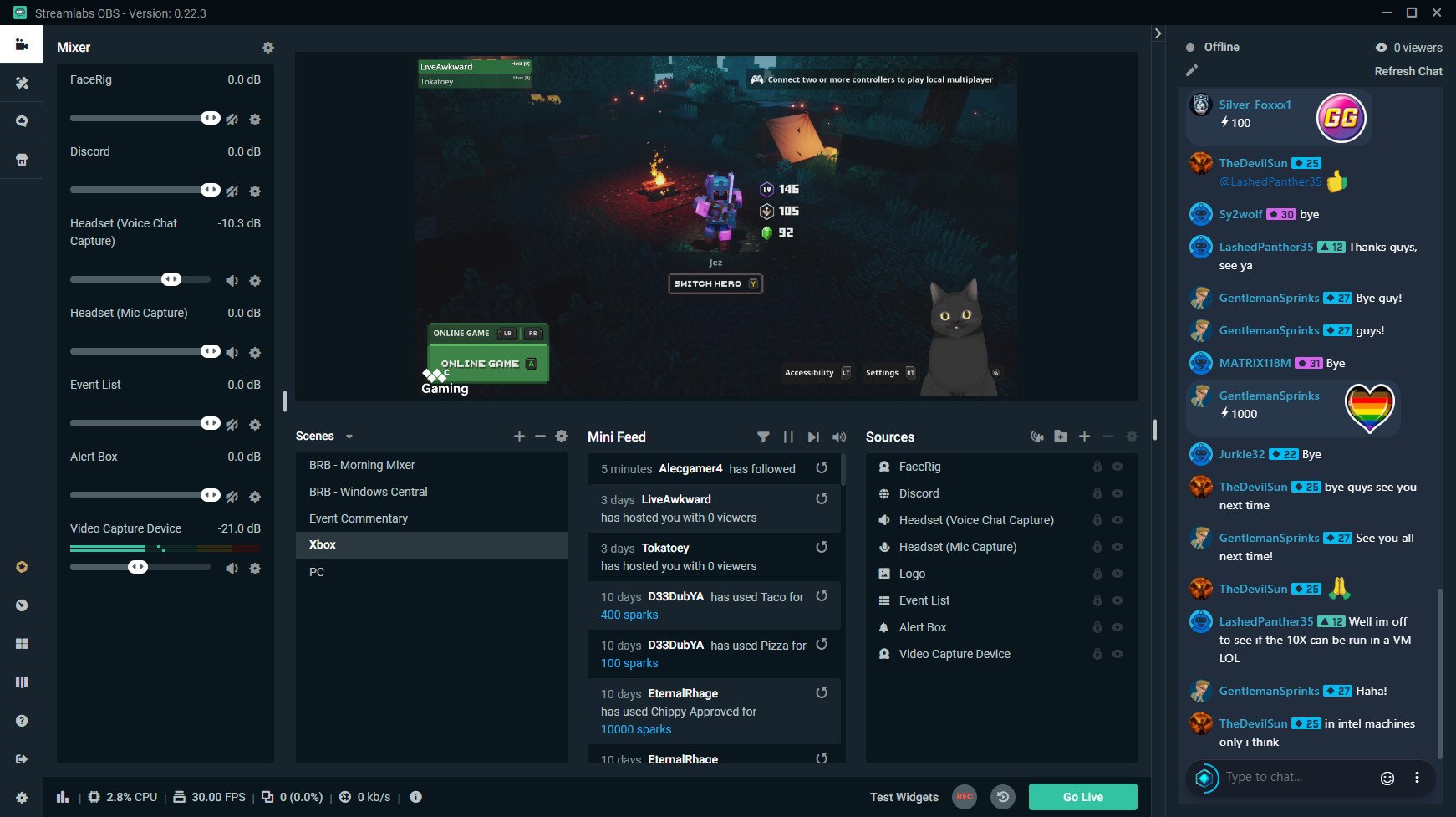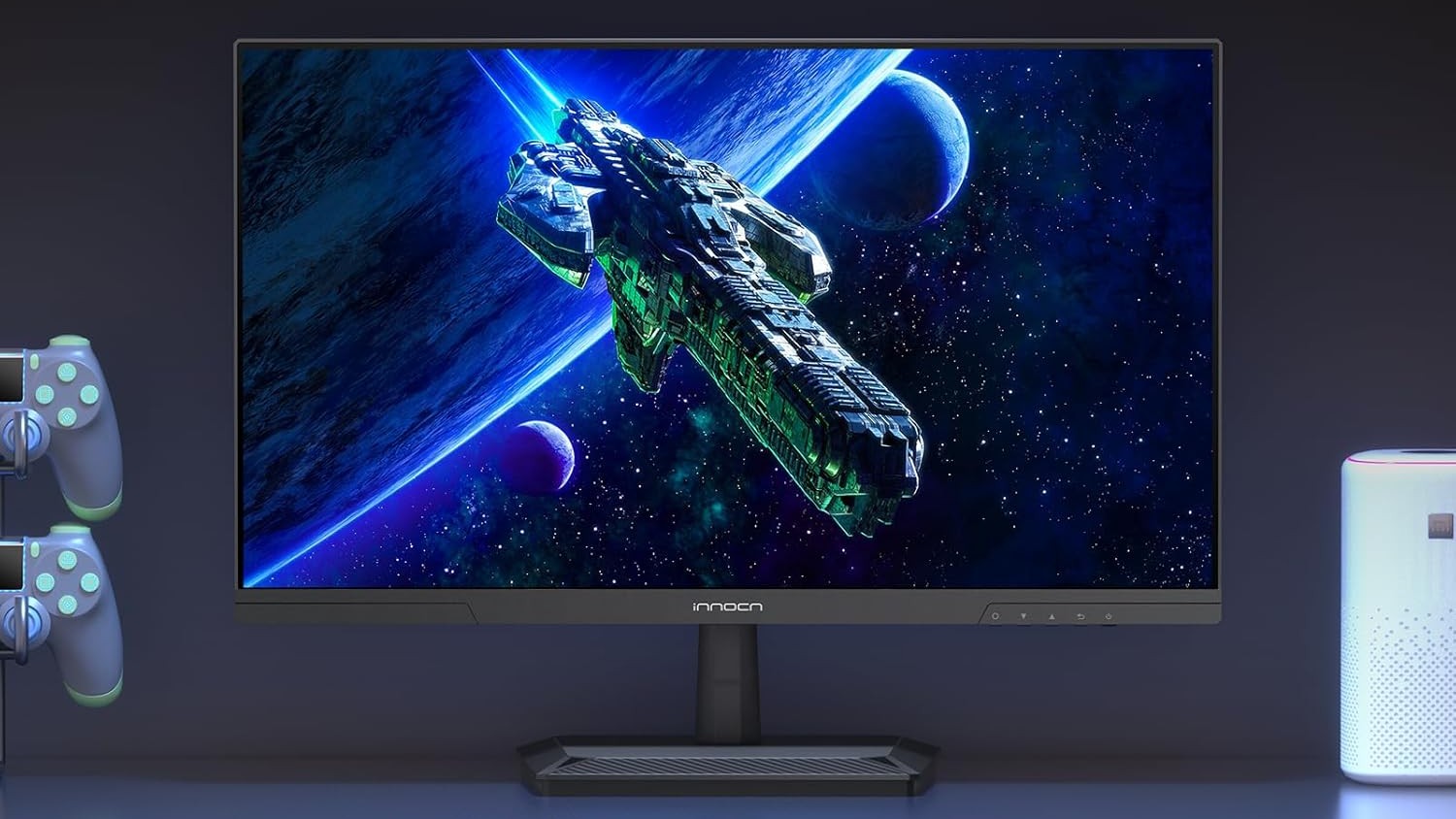Use FaceRig on PC to turn yourself into an vtuber anime girl on vid calls, live streams, and beyond
Ever wanted to fool your co-workers into thinking that you're not actually a human, but a small cat? FaceRig lets you do that.

There's a growing trend on streams, and YouTube shows where streamers use a 3D avatar, instead of themselves. The "Vtuber" phenomenon started with popular channels like Kizuna AI, and vocaloid Hatsune Miku, but has since spread to all sorts of shows and streams thanks to this very intuitive app.
FaceRig is an app available on Steam for $13, and what it does is relatively simple. It uses a connected camera to map your face, then transplants a 3D model on top. Then, it creates a driver that you can point at streaming software or any software that looks for a camera. You can use it on Microsoft Teams, Slack, Skype, practically anything that connects to a camera source. Of course, this also includes streaming tools like XSplit and Streamlabs OBS.
Here's a quick run-through of how it works, and why it could be your next favorite streaming tool.

Rig your face
Facerig lets you transform into a cute cat, an anime girl, and even a mutant cheeseburger. For reasons.
Facerig setup is easy, if clunky

Facerig's interface is perhaps its biggest downside, with an unintuitive UI that takes a fair bit of getting used to. As clunky as it is, it does work and gets the job done, with minimal errors and bugs. The base version is $13, but if you want to use 2D-style models (i.e., anime people), then you'll need to purchase a $5 addon as well. A smart company knows its audience, I guess.
Once you're set up and tracking properly, you can calibrate a neutral expression for the 3D avatar to track. If you open up the advanced menu, you can also tweak how reactive the different parts of the model are to your behavior. For example, the lighting in my room isn't great, with one side of my face more lit up than the other, this seemed to interfere with the app's ability to track my eyes blinking. Tweaking the settings lets you link your eyes together, forcing it to always blink both eyes, rather than independently. Naturally, if you have a higher-definition webcam than me and proper frontal lighting, your experience will be far better.

In addition to being able to lock your eyelids and eyebrows and things like that, you can also set the app to use simulated mouth movements from a voice input, like a microphone, if it isn't tracking your mouth very well. I found this helped when I had a larger beard with a mustache, as the app couldn't see my lips very well (I shaved half my face to write this article, _dedication.)
Although the UI isn't the prettiest, mousing over all the controls does explain what they do. Your best bet is just to play around to learn it; it's relatively simple.
Get the Windows Central Newsletter
All the latest news, reviews, and guides for Windows and Xbox diehards.
Become someone (or something) else

Facerig comes with a ton of custom avatars but can be expanded further with Steam's modding platform. People have made literally hundreds of weird and wacky avatars. Some I've used can actually crash the client, so be wary of that.
You can set up a chroma key green screen too, or add virtual backgrounds of your choice. This works well if you're planning to use a Facerig avatar instead of a webcam feed while streaming games, since you can use the chroma key virtual green screen to hide your background like so.

Once you've set your background to green, you can follow the basic steps outlined here on how to filter a webcam feed for transparent backgrounds on streaming software.
A fun tool for content creators
Facerig is a fun tool for content creators and streamers, or if you're a home office worker who wants to make those long, mid-week meetings a little more interesting. Hey, I did that myself right here. Note the crazy hamburger monster in the top row.
Well we were going to get things done in this meeting but then @JezCorden showed up. pic.twitter.com/KI6llWBO8yWell we were going to get things done in this meeting but then @JezCorden showed up. pic.twitter.com/KI6llWBO8y— Russell Holly 🔜 SWCA (@russellholly) May 19, 2020May 19, 2020
If you're going to give Facerig a try, you could throw in a voice modulator like Voicemod as well for maximum lulz.

Jez Corden is the Executive Editor at Windows Central, focusing primarily on all things Xbox and gaming. Jez is known for breaking exclusive news and analysis as relates to the Microsoft ecosystem while being powered by tea. Follow on Twitter (X) and Threads, and listen to his XB2 Podcast, all about, you guessed it, Xbox!
